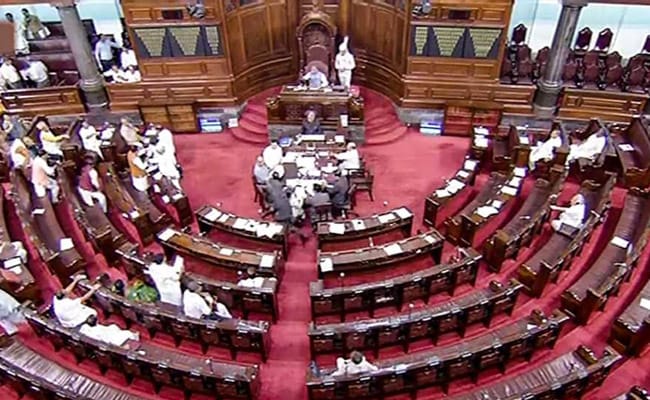What Is RTI Amendment Bill And Why The Opposition Is Against It: 5 Points
Opposition parties argue that authorising the government to take a call on the employment and payscale of RTI officials will end up taking away their independence.

The Opposition hopes to stall the amendment bill in the Rajya Sabha.
New Delhi: The Lok Sabha today passed a bill to amend the Right To Information (RTI) Act amid allegations from opposition parties that it was being diluted. The opposition -- which wants the amendment bill sent to a select committee for further scrutiny -- plans to stall it in the Rajya Sabha, where the ruling BJP still lacks the numbers required. The move was also opposed by social activists, who descended on the streets of New Delhi to protest what they termed was a blatant attempt to allow the government to operate without accountability or transparency.
Here are some facts on the RTI Amendment Bill, and why it is being opposed in Parliament.
- The original RTI Act was constituted in 2005 to ensure that citizens are provided with information on any matter of concern, administrative or otherwise, within a period of 30 days. Critics believe that altering two crucial sections of the law, as envisioned by the amendment bill, could compromise its effectiveness.
- A proposed amendment to Section 13 of the RTI Act seeks to empower the government to decide the term of the Chief Information Commissioner and Information Commissioners, as opposed to the original term of five years or until the age of 65 (whichever comes sooner). Another condition aims to give the government control over their salaries, allowances and other terms of service.
- The amendment to Section 16 of the RTI Act aims to make similar changes for state-level Chief Information Commissioners and Information Commissioners. Also in the mix is a provision by the government to make rules.
- Opposition parties argue that authorising the government to take a call on the employment and payscale of the RTI authorities will only end up taking away their independence. Terming the amendment as the "RTI Elimination Bill", they have claimed that even honest officials will stop disclosing sensitive information if their job and salaries are at stake.
- The government, for its part, insists that it is only "correcting" certain aspects overlooked by the then Manmohan Singh government when it first introduced the RTI Act. It also cites certain discrepancies, such as the power to challenge the Central Information Commissioner's judgments in lower courts despite having the status of a Supreme Court judge, to bring in the amendment.


